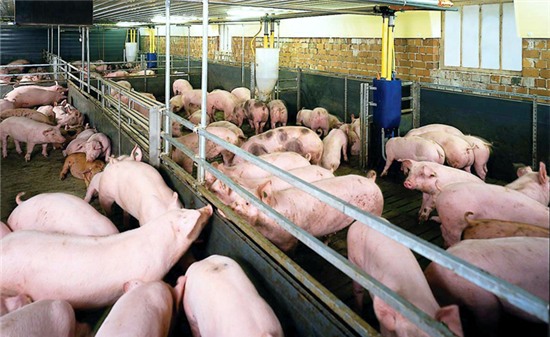Economists deny prediction about additional
2% VND devaluation
Businesses and
analysts have questioned the State Bank of

The Hong Kong Shanghai Banking
Corporation (HSBC) believes
The report released on August 20 by HSBC Vietnam predicted the dong/dollar exchange rate would rise from VND21,800 per dollar to VND22,830 by the end of 2015 and to VND23,300 by the end of 2016. Analysts said that HSBC, like other financial institutions, has reasons for such a prediction. “No one can say for sure what the exchange rate will be. “The dong/dollar exchange rate will depend on many factors, including the US Federal Reserve’s decision on prime interest rates and the performance of global economies, including The central bank had to devalue the dong by 3 percent this year, though it promised not to devalue the currency by more than 2 percent. Dr. Le Dang Doanh, a renowned economist, noted that HSBC based the prediction on the information it collected and analysed. While declining to comment on HSBC’s prediction, Doanh said there were two important factors to affect the dong/dollar exchange rate in upcoming days – the Chinese yuan price fluctuation and the US FED’s decision on the prime interest rate. According to Doanh, indexes all show a poor performance of the Chinese economy, which may have been the reason for the Chinese government’s devaluation of its currency. “The demand in “This could be the information HSBC referred to when predicting the moves to be taken by the Vietnamese government,” he said. “The best attitude for the central bank to have now is to convey the message that it will try to stabilize the exchange rate if there are no abnormal changes,” he said. Dr Vo Tri Thanh, deputy head of the Central Institute of Economic Management (CIEM), said the scenario of the Chinese government devaluing the yuan sharply and the FED adjusting the interest rate “needs to be considered”, because this would affect Vietnam’s forex policy. Kim Chi, VNN |
Thứ Tư, 16 tháng 9, 2015
Đăng ký:
Đăng Nhận xét (Atom)
Không có nhận xét nào:
Đăng nhận xét